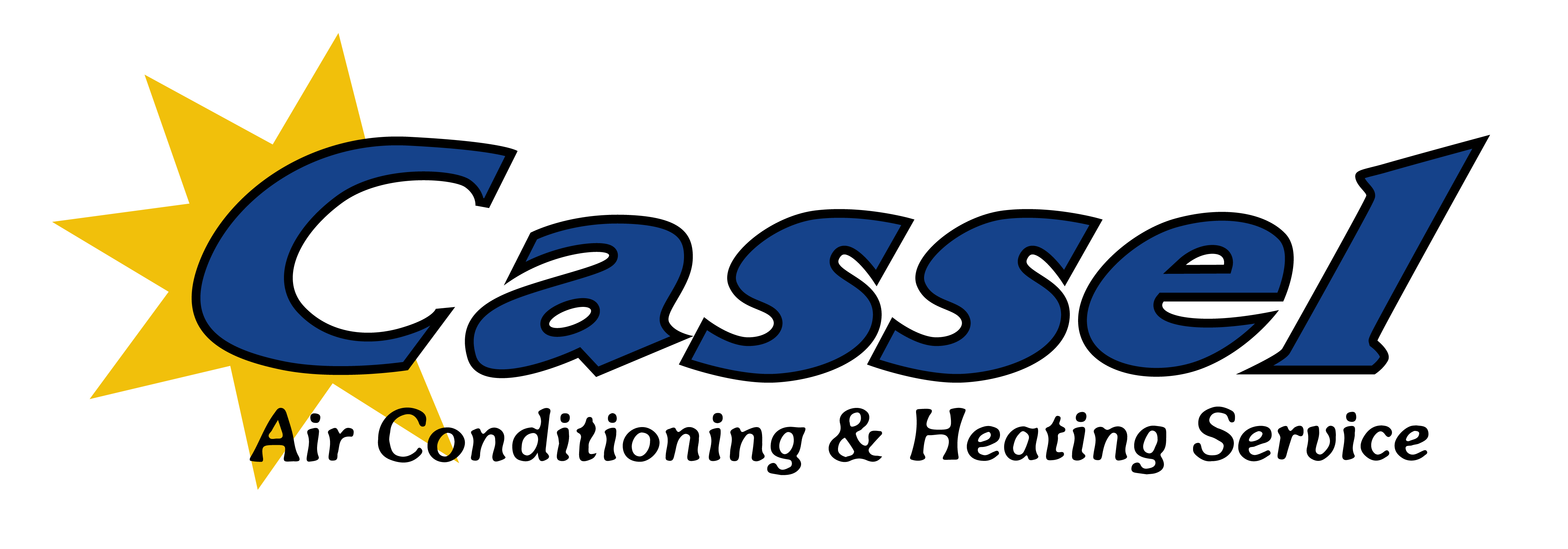Cleaning Your AC After a Wildfire
December 12, 2018 7:21 pm Leave your thoughtsThis has been the worst year California has seen for wildfires with regard to both property damage and loss of life. Many have lost their homes in the blazes, while others have suffered extensive damage that will take years to recover from.
Even homeowners who do not live in the direct path of the wildfires that have burned in California this year may have experienced some of the residual effects of the fires caused by soot and poor air quality. HVAC systems, for example, can sustain some heavy damage from wildfires even if they were not on fire themselves. Contamination in HVAC systems can occur in the following ways during wildfires:
- Poorly installed ducts and grille connectors
- Fire dampers that have been propped open
- HVAC systems that operate in the “fan on” mode
- Air handling units getting pressurized by outdoor air
Where to begin?
Your best bet to get your HVAC system cleaned up after a wildfire is to work with a professional company that provides air conditioning repair in Fair Oaks, CA. Cleaning will involve a lot more than airing out your home.
We strongly recommend cleaning your air ducts, which will help prevent soot from blowing into the home. As part of this, you’ll want to have an inspection performed on the air handling cabinet of your central heating system or air conditioning. Cleaning the ducts won’t fully solve your problem, but it’s definitely a good place to start, as it will help prevent further damage from occurring.
You should also know that after a fire or any incident involving excessive smoke, the interior surfaces of your HVAC system (from the ducts to the actual mechanical components) could become coated with particulates that include moisture, gaseous emissions and other contaminants often released during fires. Even if your system was not in use at the time, it could still be affected by the pollutants that were in the air. A failure to clean them will result in decreased performance, increased risk of corrosion and poor air quality.
Some systems might also get clogged up with soot, so it’s important to shut down the mechanical systems to investigate them. If the system gets clogged with soot, it will run with higher refrigerant pressure, which could result in premature failure of other components of the system and could also lead to poor air quality. This problem is only amplified if your windows remain closed while your HVAC is on. Once it’s safe to do so, open up your windows and run your HVAC for at least 60 minutes to allow proper ventilation to occur.
Ultimately, the best strategy you can employ after your home has been exposed to a wildfire (even if it did not burn itself) is to work with a professional HVAC technician who can analyze your system and determine what types of cleaning methods are needed for your air conditioning. Contact Cassel Air Conditioning and Heating Service today for more information or to schedule air conditioning repair in Fair Oaks, CA.
Categorised in: AC Repair
This post was written by Writer
